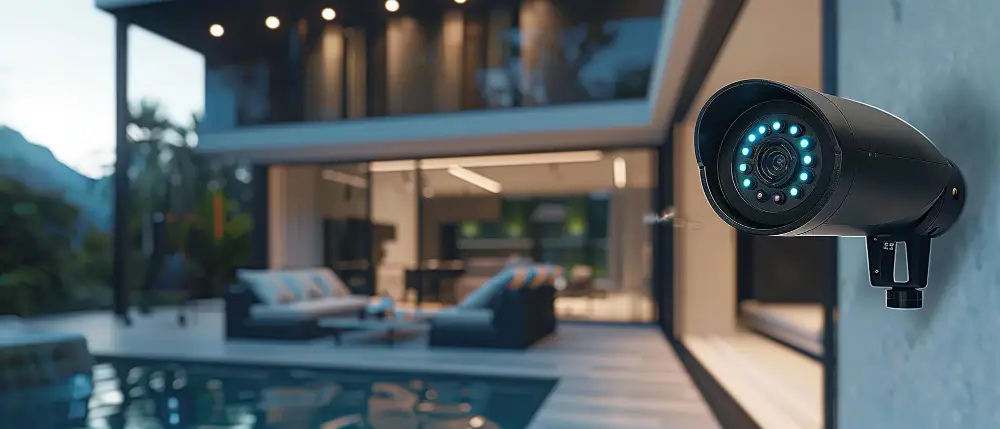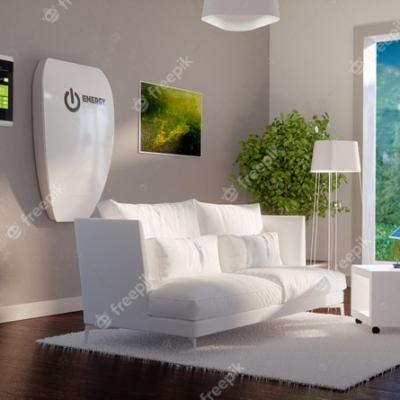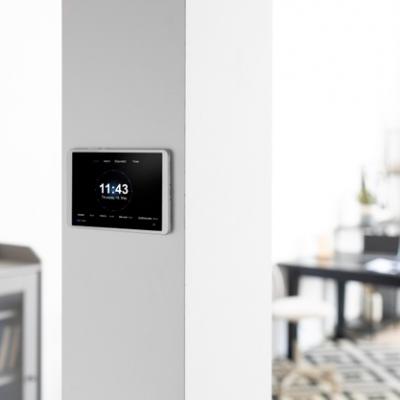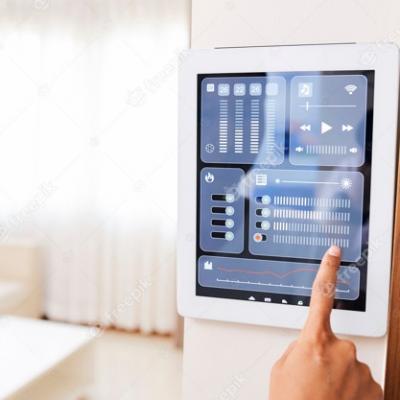Smart home devices like voice assistants and smart speakers offer incredible convenience, but they also raise concerns about privacy, particularly when it comes to the potential for these devices to "listen in" on private conversations. Here’s how you can protect your privacy while still enjoying the benefits of smart home technology.
1. Understand How Voice Assistants Work
Voice assistants like Amazon Alexa, Google Assistant, and Apple’s Siri are designed to listen for wake words—such as "Alexa" or "Hey Siri"—before they start recording. However, there have been instances where these devices have accidentally activated and recorded conversations without the user’s intent. Understanding how these devices work is the first step in safeguarding your privacy.
2. Review and Manage Your Voice Recordings
Most voice assistants allow you to review and delete voice recordings stored by the service. Regularly check the history of recordings in the app associated with your device and delete anything you don’t want stored. You can also set your device to automatically delete recordings after a certain period.
For example, Amazon Alexa and Google Assistant offer settings to delete recordings every 3 to 18 months, or even delete them manually using voice commands like "Alexa, delete what I just said."
3. Mute the Microphone When Not in Use
If you’re concerned about privacy, consider muting the microphone on your smart speakers when they’re not in use. Most smart speakers have a physical button that disables the microphone, ensuring that the device isn’t listening until you’re ready to use it again. This is particularly useful during private conversations or when discussing sensitive topics.
4. Disable Unnecessary Features
Disable any features you don’t use or that seem intrusive. For instance, if you don’t need your voice assistant to provide personalized recommendations, turn off that feature. You can also adjust the privacy settings to limit the data your device collects. Many voice assistants allow you to control what data is shared with third parties and whether your voice recordings are used to improve services.
5. Opt for Local Processing
Some smart home devices offer local processing, meaning that your voice commands are processed directly on the device rather than being sent to the cloud. This can reduce the amount of data that leaves your home and is stored on remote servers. Devices like Apple’s HomePod prioritize on-device processing to enhance privacy.
6. Be Cautious with Third-Party Integrations
Many smart home devices integrate with third-party services, which can introduce additional privacy risks. Before enabling third-party skills or apps, review their privacy policies to understand how they handle your data. Avoid granting unnecessary permissions, and be selective about the third-party services you link to your smart home system.
By taking these steps, you can protect your privacy and maintain control over the data collected by your smart home devices. While these devices offer many benefits, it’s essential to remain vigilant and proactive in managing your privacy.








